Special Outsourcing Considerations for Start-ups
Published

Over the past several weeks, I have been releasing a series of articles arguing for a new approach to analytical outsourcing. A less transactional, more partnership-oriented approach. One that is facilitated by software and new, more relationship-centric, business models. With these tweaks and updates, I believe that analytical outsourcing can be a strategic accelerator of technology development and commercialization, and that it can play a far more compelling and important role in the materials science innovation ecosystem.
Start-ups have a special place in that ecosystem, particularly here in the U.S. While all companies should have a clear outsourcing strategy, it is particularly important for start-ups to get this right.
For a start-up, time is even more compressed, and cash is even more precious. Hyper-efficient use of both time and money is literally a matter of (corporate) life-or-death.
As difficult as building a successful new company is, it would be far more difficult without the assistance provided by a broad range of available outsourcing services and software. Amazon Web Services (AWS), Google Cloud and Microsoft Azure have dramatically changed the compute and storage horsepower a new company can quickly deploy, and by doing so have facilitated the formation of thousands of start-ups. Payroll and benefits, finance, tax and accounting, legal services, IT and security can be completely outsourced, and usually are at least in the early years.
Outsourcing allows young companies to focus their time and resources on the essential tasks and core IP, and to provide them capabilities they would never be able to afford on their own. They can dial-up and dial-back resources when and as-needed. They can consult with experts on-demand, and they access the best-of-the-best infrastructure and security systems. They can keep their payroll lean, and their cap ex budget light.
Considering the magnitude of the development challenges they face, one might presume that start-ups in the materials science-related fields (semi, cleantech, consumer electronics, biotech, etc.) would be particularly aggressive adopting outsourcing of supporting analytical services. After all, these capabilities and investments are outside the start-up’s intended core competency.
Consider the significant benefits of analytical outsourcing to the nascent company:
- Preserve Cash: Instrument purchases, staff, consumables and maintenance associated with building a well-provisioned in-house lab will be significantly higher that outsourcing, particularly in the short to medium-term.
- Accelerate Time-to-Data: It can take (many) months to select, order, deliver, install and train on analytical instruments.
- Maintain Flexibility: Pace of progress and surprise development roadblocks are both hard to predict. And the world has a way of presenting macro challenges that weren’t in the original business plan – pandemics and wars disrupting operations and supply chains, interest rate hikes and reduced future funding opportunities, to name a recent few. Uncertainty increases the value of being lean and keeping cash in the bank.
Despite the clear and compelling advantages, it strikes me that start-ups in our space are, on balance, as opportunistic and organic in their approach as their larger cousins.
Why?
I would start by acknowledging that comprehensive functional outsourcing of metrology, or even strategic partnership in this area, is not so simple as the outsourcing of administrative functions or ancillary development projects. Metrology is often an integrated and integral element in the development of the core technology. This raises two concerns – confidentiality and speed.
Customers will of course be very careful to exposing third parties to their core IP. For some, the idea of deeply involving a third party, no matter the potential benefit, is out-of-the-question. For start-up leaders in that camp, stealth-mode secrecy can become a counter-productive religion.
But all start-up leaders should place tremendous value on speed-to-data. I have spoken with a number of CEOs that stipulate the economic inefficiency of building out and staffing the in-house lab, but nevertheless think it is worth the cost in order to accelerate learning cycles. In an earlier article, I pointed out the need to “Overvalue Time” in the Build vs. Buy analysis, so I am very sympathetic to this argument. Conventional outsourcing approaches fail in this regard.
From my vantage point, it seems there is a gap between the opportunity (and need) relative to the reality. Analytical outsourcing could be an incredibly powerful weapon in the arsenal of start-ups looking to improve their odds of success. But it rarely is.
The biggest reason for this gap, in my view, is the failure of analytical service providers to develop compelling and targeted service offerings addressing the start-up customer. Maybe they think the market is not big enough. Or the effort too great relative to the opportunity.
Henry Ford once said of his Model-T cars, “Any color the customer wants, as long as it’s black.” Well, the analytical services equivalent is, “We will be your metrology partner, as long as you send us your samples on a project-by-project basis and pay hefty surcharges when you need the data quickly.”
Supporting start-ups was perhaps the biggest reason I started Covalent back in 2017. Delivering world-class metrology and characterization capability when, where, and how it is needed can level the playing field with much larger competitors. It can contribute to a vibrant and beneficial materials science innovation ecosystem, that, on balance (and in my opinion), is a force for positive societal change.
We at Covalent have spent the better part of the last 7 years building up what we call the “Covalent Platform.” The Platform is comprised of:
- an amazing team,
- a very well-equipped 24,000ft2 lab in the heart of Silicon Valley, with many high-end analytical instruments worth >$20M,
- modern digital customer service, operating and product delivery systems,
- and a robust network of partner labs and partner instrument companies.
Over these past years, and offering primarily traditional services, we have made good progress developing trusted relationships with hundreds of customers. We have, I believe, a sort of minimum critical mass that positions us for the next phase in our development and evolution. In the coming years, we will be packaging those traditional services with new and less -traditional services and products to expand our reach and our ability to help customers.
We are just getting started, but even today are advancing towards this vision. Ken MacWilliams, COO of Multibeam, recently offered, “Covalent is an important partner for Multibeam. They routinely provide speed, cost and a level of support that I have never seen from other labs. This allows faster cycles of learning and faster developments for our customers. We really think of them as an extension of our team.”
That’s it in a nutshell. That is what we are shooting for.
And we intend to keep pushing, and to keep getting better.
Let me know if you have any questions or comments. Appreciate you reading all this way!
craig@covalentmetrology.com

